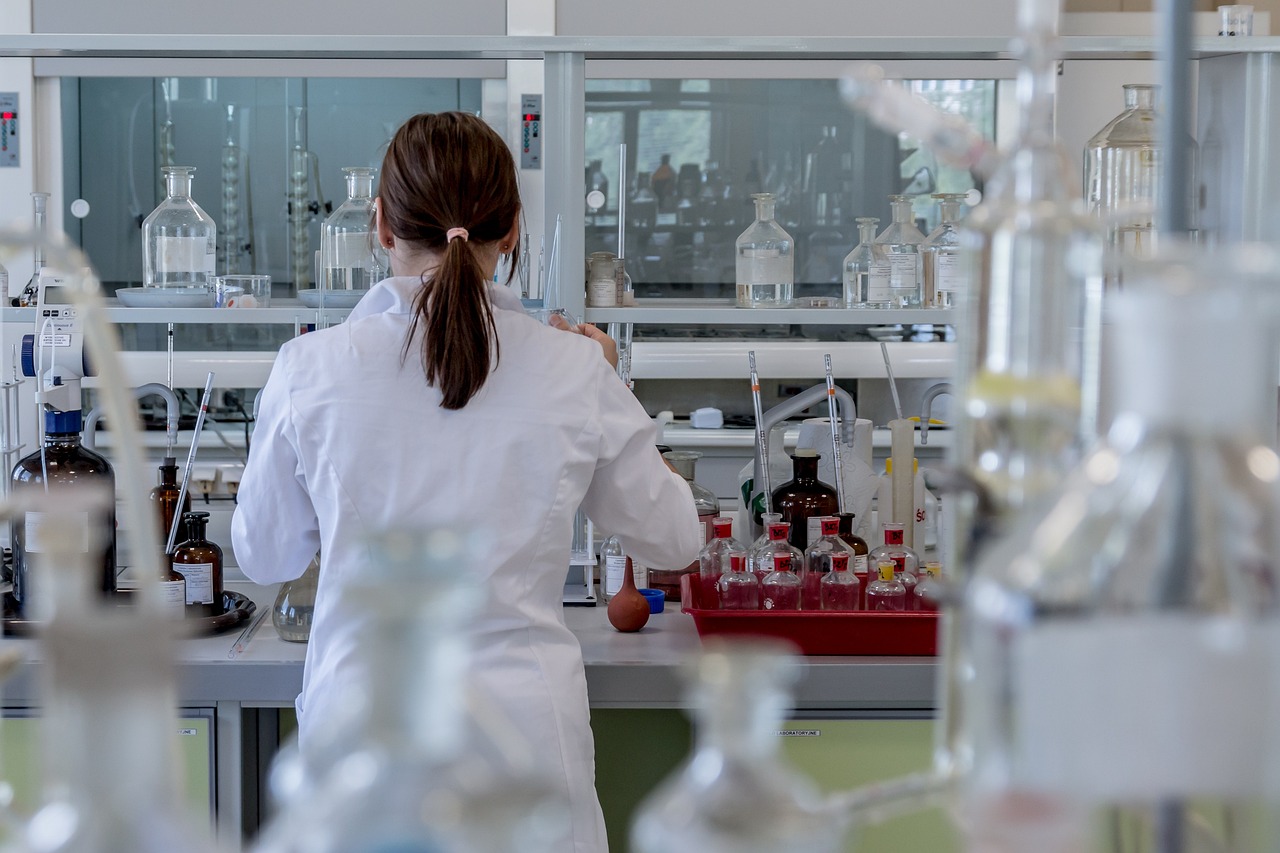Iron Deficiency: Iron is an essential mineral for human health, yet iron deficiency suppresses important arm of the innate immune system. This was the finding of a new study published in The Journal of Infectious Diseases. Iron is found in every cell of the body and is essential for many biological functions, including the production of hemoglobin, which carries oxygen in the blood; metabolism; and DNA synthesis.
Iron is an essential mineral for the human body. It is required for the proper function of hemoglobin, which transports oxygen in the blood, and myoglobin, which stores oxygen in muscle cells. Iron is also necessary for the proper function of enzymes involved in energy production, DNA synthesis, and immune system function.
Iron deficiency is the most common nutrient deficiency in the world, affecting both developed and developing countries. The World Health Organization estimates that iron deficiency affects over two billion people worldwide.
Iron deficiency can lead to a number of health problems including anemia, fatigue, weakened immunity, and increased risk of infection. Severe iron deficiency can also lead to developmental problems in children and pregnant women.
The best way to prevent iron deficiency is to consume a diet that includes plenty of iron-rich foods such as meat, poultry, fish, beans, lentils, dark leafy greens, fortified cereals, and dried fruit.
Iron is an essential nutrient for many cellular functions, including the immune system. When iron levels are low, the body cannot make enough healthy red blood cells to carry oxygen to the tissues. This can lead to fatigue, pale skin, and other symptoms of iron deficiency.
Iron deficiency can also cause a decrease in white blood cells, which are important for fighting off infection. This can make you more susceptible to illnesses, such as colds and flu. Additionally, iron deficiency may cause problems with wound healing and an increased risk of developing infections.
Iron is an essential mineral for many cellular processes, including the production of energy, DNA synthesis, and cell growth and differentiation. Iron deficiency can lead to anemia, which is a condition in which the body does not have enough healthy red blood cells to carry oxygen to the tissues. Anemia can cause fatigue, weakness, and pale skin. Iron deficiency can also cause other problems, such as cognitive impairment, decreased immunity, and increased risk of infection.
The body needs iron to make hemoglobin, which carries oxygen in the blood. Iron deficiency anemia can develop when not enough iron is consumed or when the body loses too much blood. Severe iron deficiency anemia can cause serious health problems.
Iron deficiency can be treated with iron supplements and by eating foods that are rich in iron such as red meat, dark leafy greens, beans, and fortified cereals.
Iron deficiency is a common problem worldwide, and it can have a serious impact on the immune system. In this study, we found that iron deficiency suppressed an important arm of the innate immune system, known as the inflammasome. This finding could help to explain why iron deficiency is associated with increased susceptibility to infection. If you are iron deficient, be sure to talk to your doctor about treatment options.
- Quantum Breakthrough: Room-Temperature Superconductivity Achieved
- India’s Cricket Fervor Hits Fever Pitch as World Cup Final Nears
- India Takes on Australia in the 2023 ICC Men’s Cricket World Cup Final
- Pharma Jobs: AIIMS Raipur Announces Direct Recruitment for 31 Pharmacist and Dispensing Attendant Positions; Applications Open till July 31, 2023
- Got Utkarsh Small Finance Bank IPO? Find Out NOW! Simple Steps to Check Your Allotment Status!







